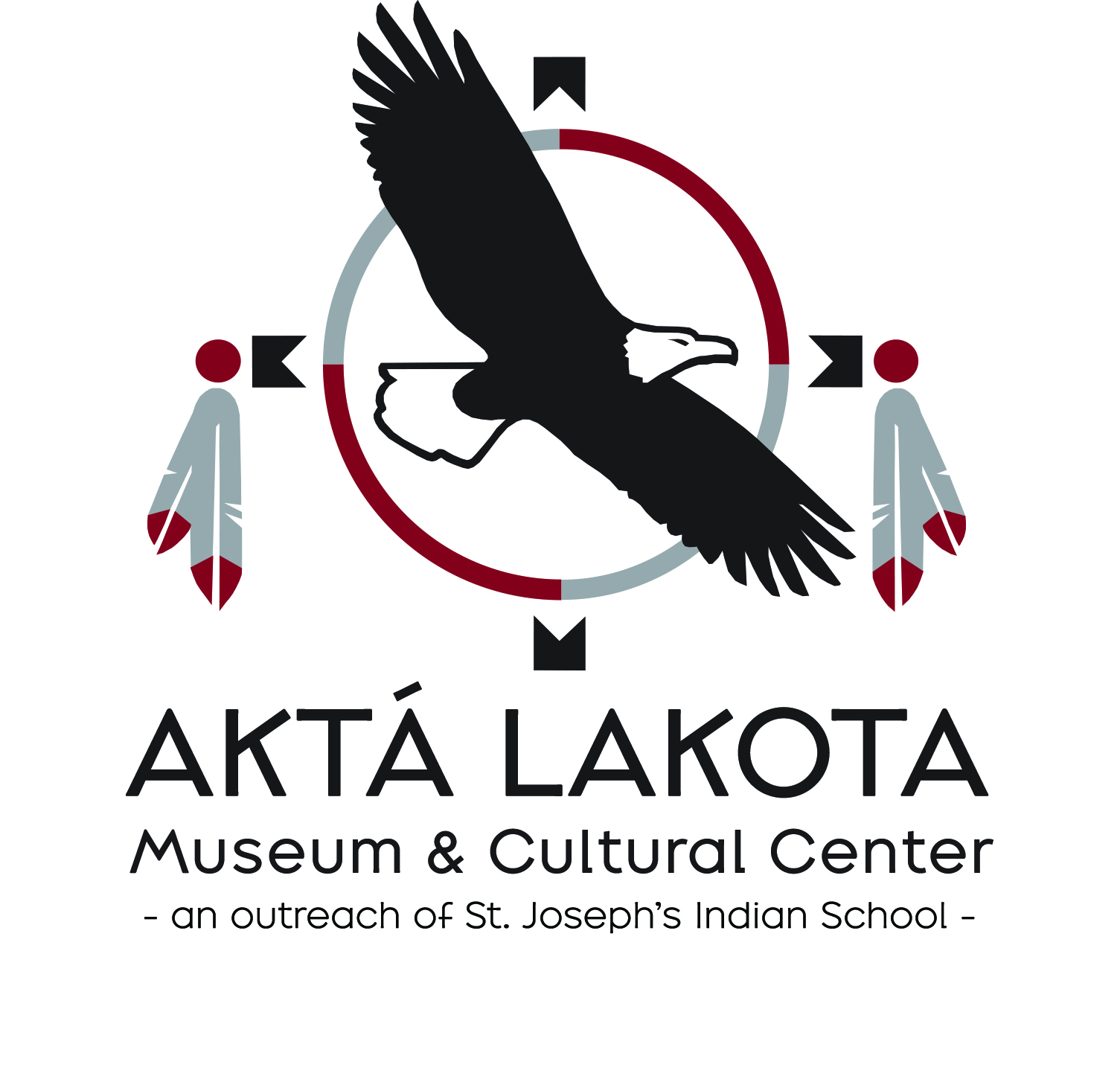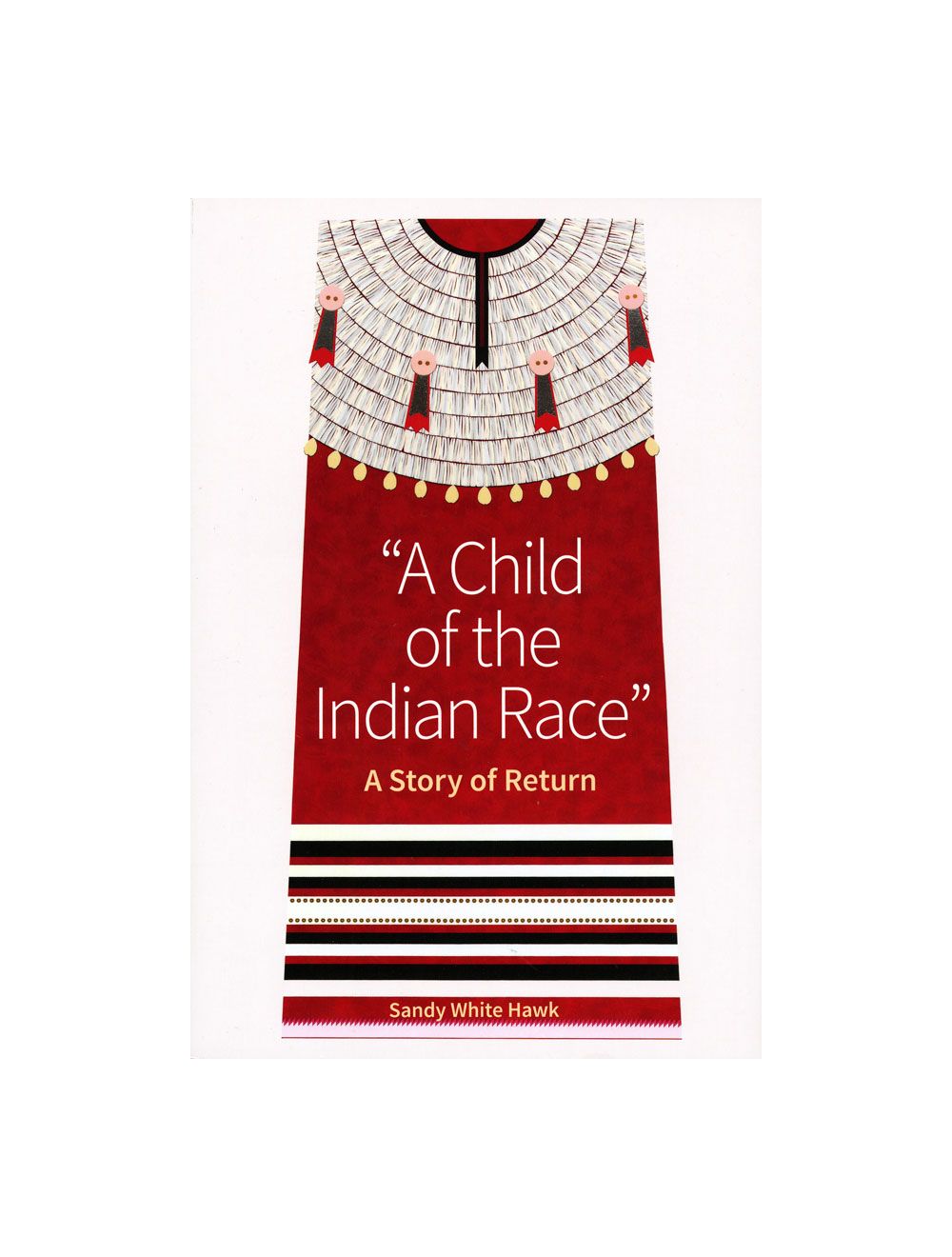A Child for the Indian Race Bo
$18.95
Availability:
In stock
SKU
99487414
A Child of the Indian Race: A Story of Return
Author: Sandy White Hawk, Sicangu Lakota
Foreword by: Gene Thin Elk
Introduction by: Terry Cross
An adoptee reconnects with the Lakota family and culture she was born into-and nurtures a new tradition that helps others to do the same.
In the 1950s, when Sandy White Hawk was a toddler, she was taken from her Lakota family on the Rosebud Indian Reservation in South Dakota. Her adoption papers identify her as "a child of the Indian race," and her adoptive mother never let her forget it, telling her she was unwanted and shaming her for being "Indian." White Hawk medicated her traumas with drugs and alcohol. At age twenty-eight, she gained sobriety and reconnected with her birth relatives. As she learned what it means to be Lakota, she also learned that thousands of Native adoptees shared her experience-left to navigate racial and cultural complexities as children, with no way to understand what was happening to them.
Mentored by a respected elder, White Hawk began to work with relatives who also had been separated by adoption and foster care and taken away from their families and communities. Fighting through her feelings of inadequacy, she accepted that she could use her voice to advocate. Ultimately, White Hawk founded the First Nations Repatriation Institute, an organization that addresses the post-adoption issues of Native American individuals, families, and communities.
Product Details
Paperback: 232 pages
Publisher: Minnesota Historical Society Press (December 6, 2022)
ISBN-10: 1681342413
ISBN-13: 978-1681342412
Product Dimensions: 6 x 0.75 x 9 inches
Author: Sandy White Hawk, Sicangu Lakota
Foreword by: Gene Thin Elk
Introduction by: Terry Cross
An adoptee reconnects with the Lakota family and culture she was born into-and nurtures a new tradition that helps others to do the same.
In the 1950s, when Sandy White Hawk was a toddler, she was taken from her Lakota family on the Rosebud Indian Reservation in South Dakota. Her adoption papers identify her as "a child of the Indian race," and her adoptive mother never let her forget it, telling her she was unwanted and shaming her for being "Indian." White Hawk medicated her traumas with drugs and alcohol. At age twenty-eight, she gained sobriety and reconnected with her birth relatives. As she learned what it means to be Lakota, she also learned that thousands of Native adoptees shared her experience-left to navigate racial and cultural complexities as children, with no way to understand what was happening to them.
Mentored by a respected elder, White Hawk began to work with relatives who also had been separated by adoption and foster care and taken away from their families and communities. Fighting through her feelings of inadequacy, she accepted that she could use her voice to advocate. Ultimately, White Hawk founded the First Nations Repatriation Institute, an organization that addresses the post-adoption issues of Native American individuals, families, and communities.
Product Details
Write Your Own Review





